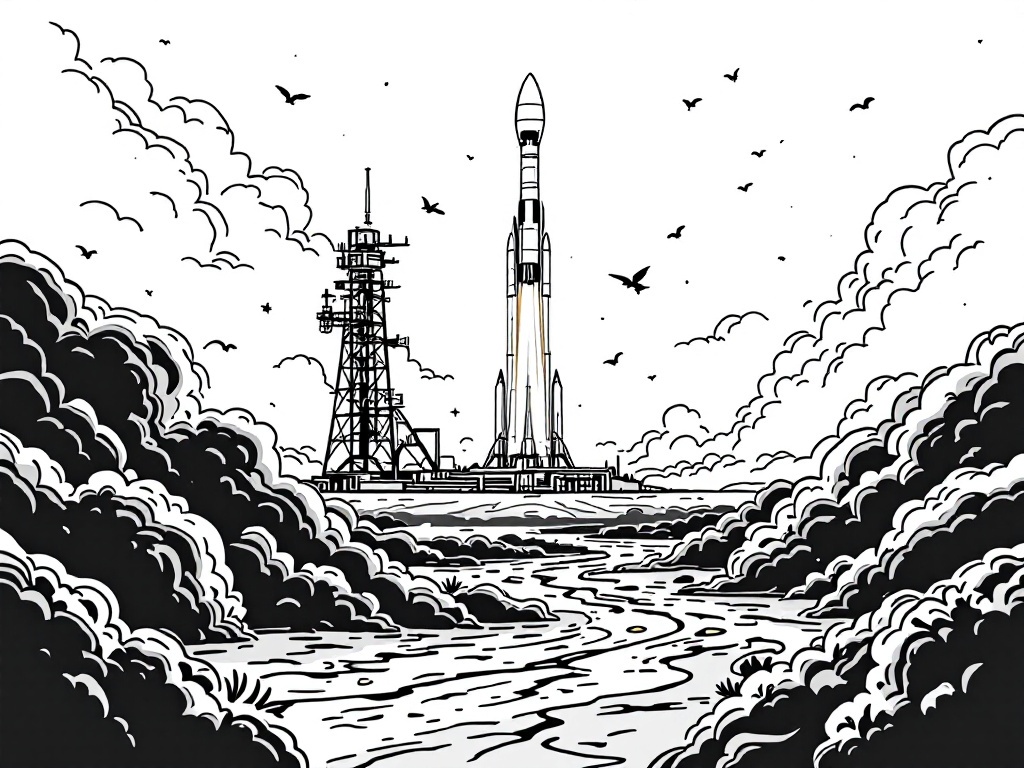Amazon's Project Kuiper Satellites Successfully Launched

Cape Canaveral, Tuesday, 29 April 2025.
Amazon launched its first set of Project Kuiper satellites from Cape Canaveral, aiming to revolutionize global internet access and directly compete with SpaceX’s Starlink network.
Overview of Project Kuiper’s Launch
Amazon (NASDAQ: AMZN) has made a groundbreaking advancement with the successful launch of its first production batch of Project Kuiper satellites from Cape Canaveral on April 28, 2025. The initiative aims to create a robust constellation of low Earth orbit satellites to provide high-speed internet access globally, contending directly with SpaceX’s Starlink network. The launch, conducted by United Launch Alliance (ULA) using an Atlas V 551 rocket, marks a pivotal moment for Amazon as it expands its technological infrastructure into space[1][2].
Technical Details and Launch Specifications
The Atlas V rocket, equipped with a Russian-built RD-180 engine and an American-built RL10 engine, is designed to carry payload fairings of varying dimensions, accommodating Amazon’s needs for the Kuiper mission. This launch involved placing 27 satellites into a 630-kilometer orbit, speeding around Earth every 90 minutes. The atmospheric conditions were closely monitored by the U.S. Space Force’s 45th Weather Squadron, which provided a favorable weather probability of 75% at the time of the launch[1][5][7][9].
Strategic Implications and Market Competition
Amazon’s Project Kuiper consists of over 3,200 satellites intended to deliver broadband internet across the globe, with a focus on underserved regions. This initiative directly rivals SpaceX’s Starlink, amplifying competition in the burgeoning satellite internet market. Amazon’s commitment to this venture is underscored by its investment in more than 80 launches through various providers, including Arianespace, Blue Origin, and SpaceX, apart from ULA[4][7][6].
Future Prospects and Planned Expansions
The successful launch is merely the beginning, as Amazon plans to complete several more launches through ULA’s Atlas and Vulcan rockets. The immediate roadmap includes a series of additional launches aimed at deploying the full Kuiper satellite constellation over the coming years. These efforts will gradually increase internet service capabilities, anticipating the commencement of customer services once the first 578 satellites are operational[1][2][7][9].
Sources
- spaceflightnow.com
- www.rocketlaunch.live
- mynews13.com
- www.spacelaunchschedule.com
- www.tcpalm.com
- www.augustachronicle.com
- news.satnews.com
- www.space.com